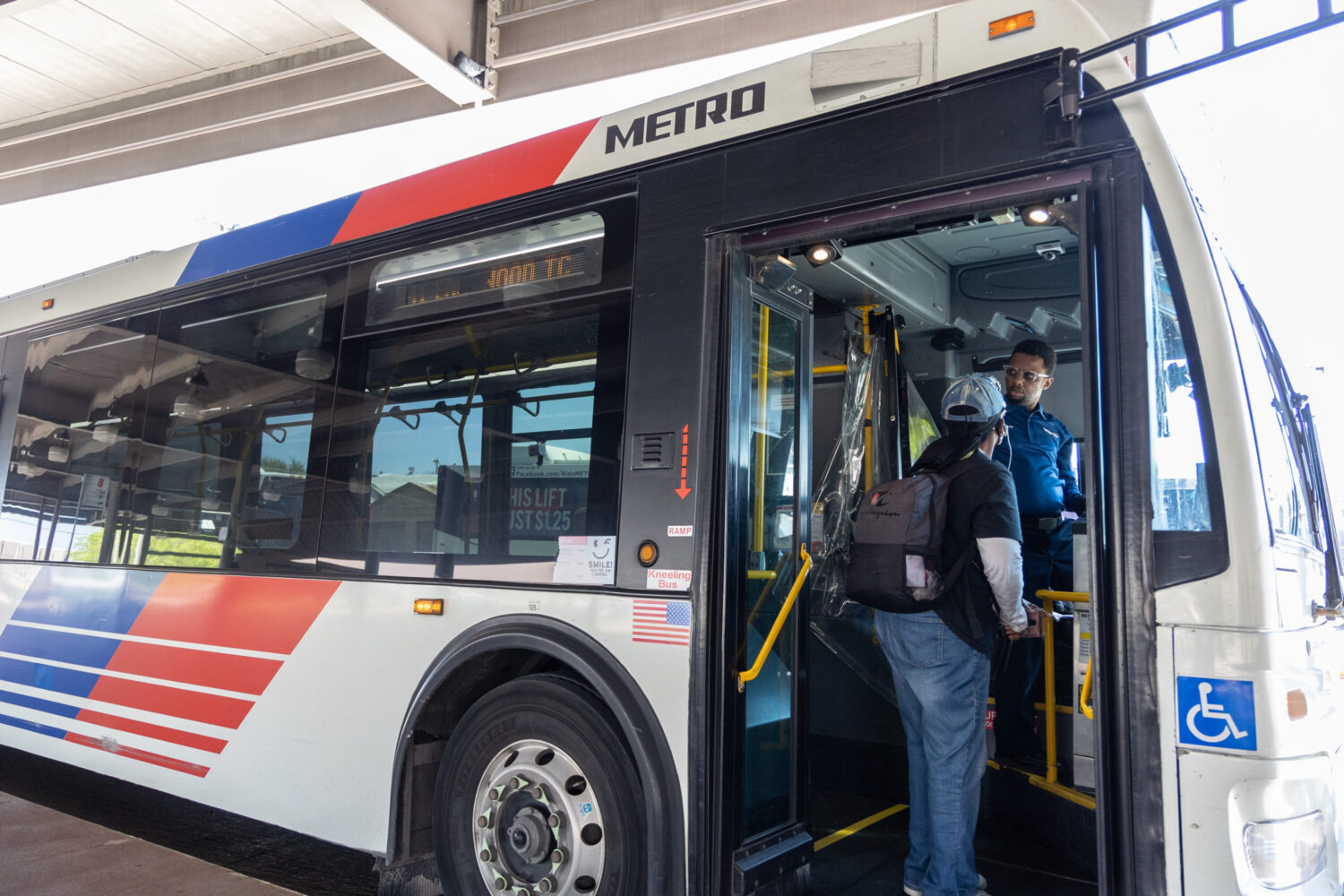Introduction to METRO’s Budget
The Metropolitan Transit Authority of Harris County (METRO) is planning to approve a $2 billion budget for fiscal year 2026. This budget represents a 5.8% increase from the previous year. The operating budget focuses on improving existing services under the new METRONow initiative, which was introduced in February.
Background on METRONow
METRONow is a flagship initiative that aims to provide better services to METRO users. The spending plan has drawn criticism from some commenters who feel that it does not address the priorities promised in the 2019 bond measure. The bond measure, which was approved by voters, called for new bus rapid transit and expanded light rail under the now-defunct METRONext initiative.
Criticism of the Budget
Peter Eccles, the director of policy and planning with transit advocacy group LINK Houston, expressed his disappointment with the new spending priorities. He stated that people who voted for the 2019 bond measure expect to see the promised projects built. Eccles believes that METRO should be clear with its voters and customers about the status of the projects and how they plan to achieve the vision of a faster, more reliable, and better-connected transit system.
Reasons for the Shift in Priorities
According to George Fontinos, METRO’s chief financial officer, the agency has not issued any of the voter-approved bond funds. He noted that the larger projects identified in the referendum were expected to be highly leveraged by federal grants. However, due to the current climate in Washington, D.C., focusing on these larger projects would not be financially prudent. Fontinos also stated that realizing any revenue service from these projects would not happen until the early to mid-2030s.
New Leadership and Priorities
The shift in priorities has coincided with a new group of leaders at METRO, many of whom were appointed by Houston Mayor John Whitmire. The new administration has focused more on automobile-centric mobility, unlike the previous administration, which prioritized cyclist- and pedestrian-friendly infrastructure. As a result, METRO is now focusing on improving existing services rather than expanding them.
Budget Priorities for 2026
The budget for 2026 includes significant spending on street repaving, expanding microtransit, and increasing METRO police capacity. The agency will also allocate funds for the 2026 FIFA World Cup, which will be hosted in Houston. Other notable line items in the budget include $21 million for expanded service during the World Cup, $27 million for a METRO police facility, and $180 million for new fleet vehicles.
Success of the New Approach
Despite the criticism, METRO’s new approach seems to be paying off. The agency reports that its bus and light rail monthly ridership have hit new post-pandemic highs this year. Additionally, METRO has built 15 miles of new sidewalks and multiple new pedestrian crossings on busy streets, making more than two-thirds of its bus stops universally accessible in 2025.
Conclusion
The proposed budget for METRO in 2026 has sparked debate among stakeholders. While some criticize the agency for not addressing the priorities promised in the 2019 bond measure, others see the new approach as a success. As the final budget vote approaches, it remains to be seen how METRO will balance its priorities and meet the needs of its users. The agency’s focus on improving existing services and providing clean, safe, and reliable transit may be the key to its success in the coming year.




